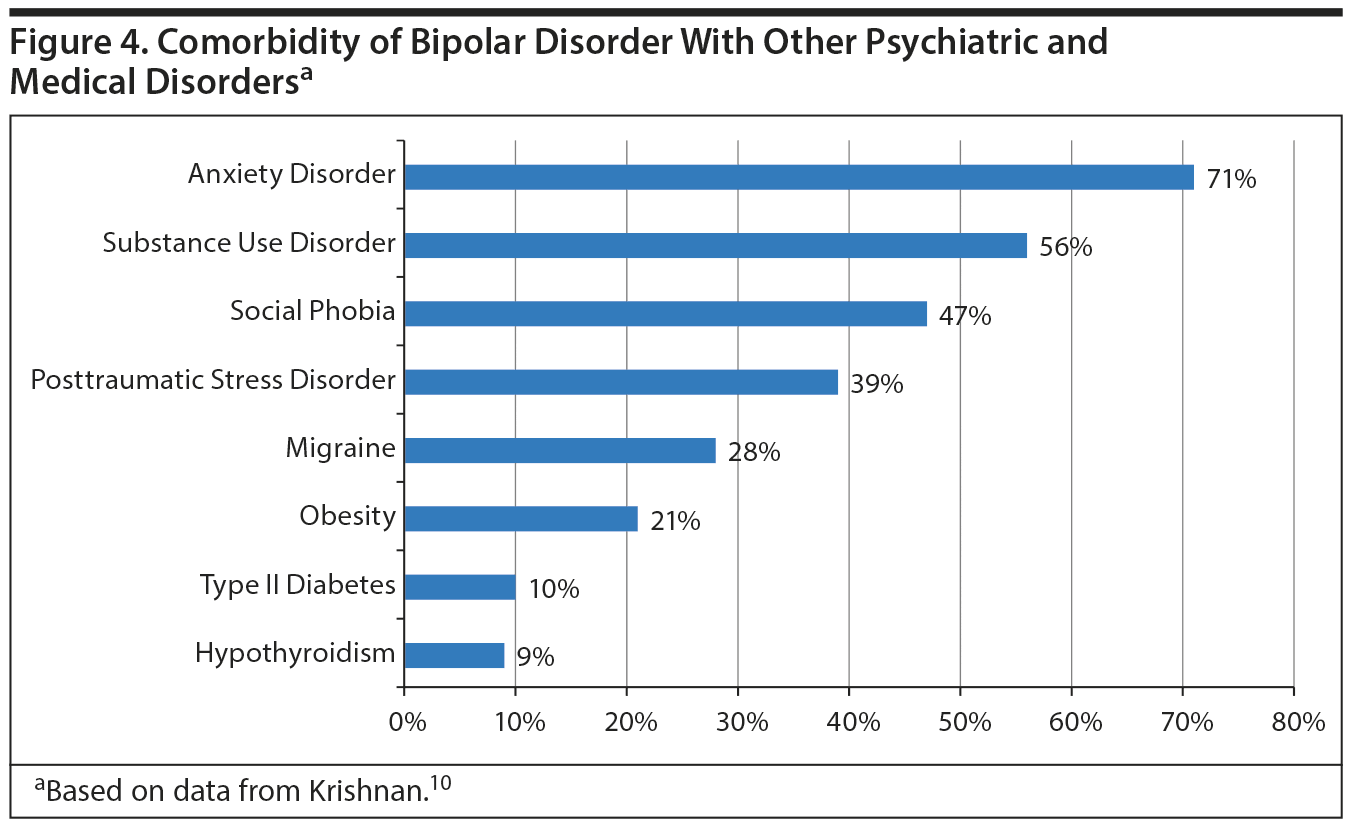Over more than 30 years, evidence has accumulated confirming the hypothesis that norepinephrine and serotonin play pivotal roles in the mechanism
of action of antidepressant drugs, stated Dr. Alan F. Schatzberg. Many antidepressants from distinct pharmacologic classes are currently available, but all affect one or both of these neurotransmitter systems. The first antidepressants—the tricyclic antidepressants (TCAs) and monoamine oxidase inhibitors (MAOIs)—act mainly on noradrenergic and serotonergic systems, but their affinity for other neuronal systems, such as cholinergic, α1-adrenergic, dopaminergic, and histaminergic, and quinidine-like effects contribute to their poor tolerability profiles. In contrast, the selective serotonin reuptake inhibitors (SSRIs: e.g., fluoxetine, citalopram, paroxetine, sertraline) have no effect on norepinephrine, and affinity for other receptors differs between the
individual agents.
Enjoy this premium PDF as part of your membership benefits!





